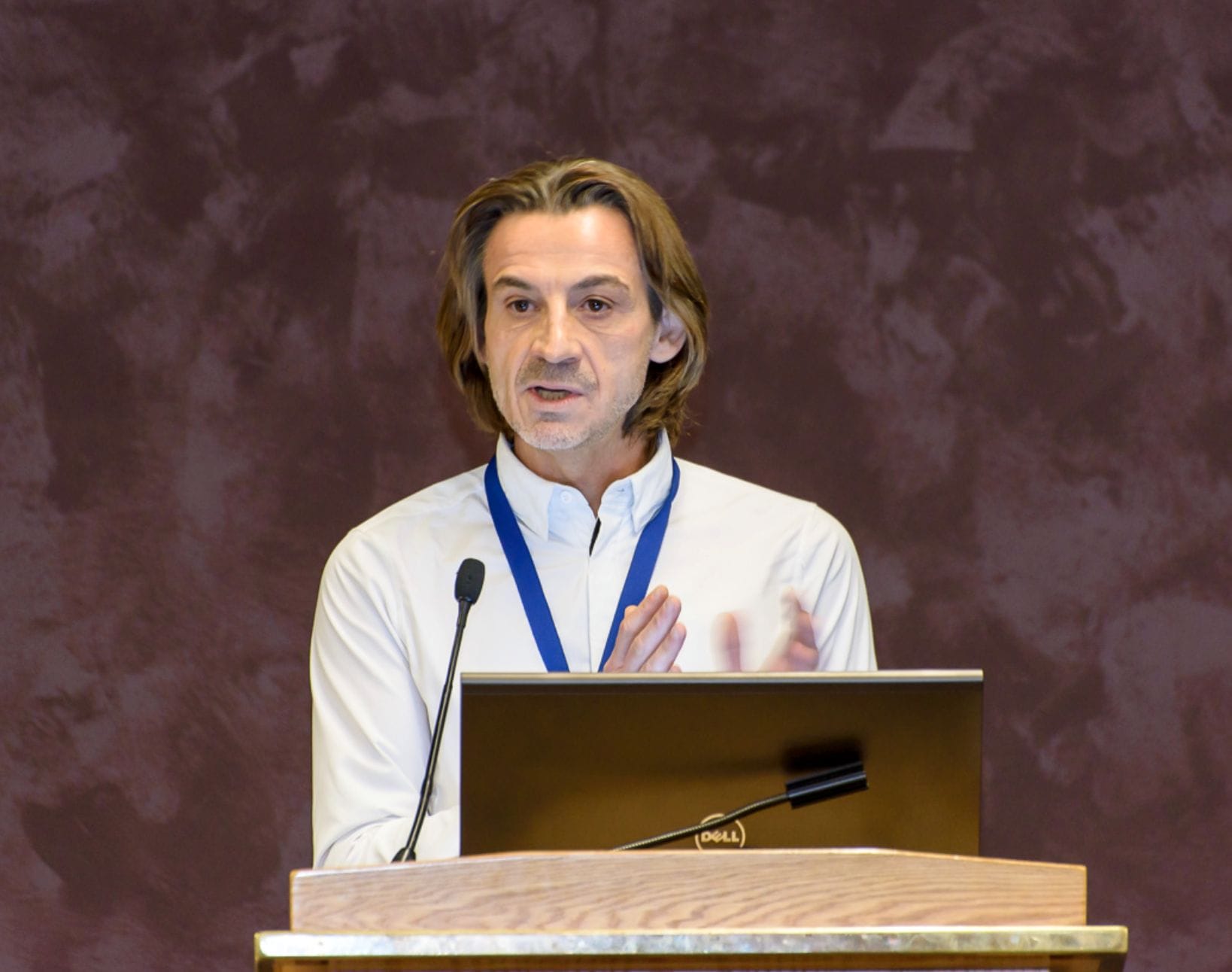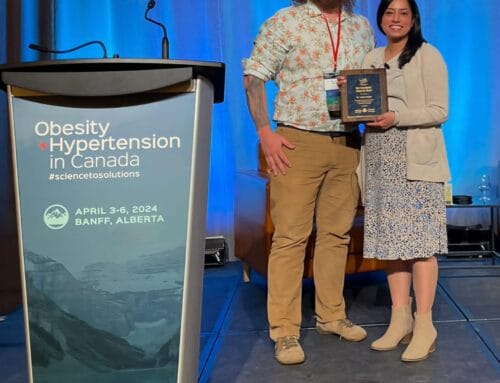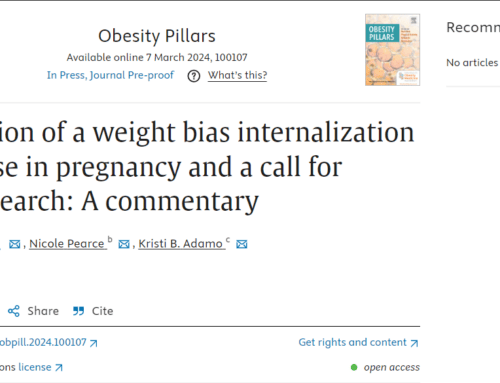Today’s member profile comes from Dr. Michael Piccinini Vallis, Ph.D., R. Psych.., a registered health psychologist based in Halifax, Canada. He is a Health Behaviour Change Consultant and Associate Professor in Family Medicine at Dalhousie University. Dr. Vallis sits on the Clinical – Adults Committee.
Michael Piccinini Vallis, Ph.D., R. Psych.
Dr. Vallis is a registered health psychologist based in Halifax, Canada. He is a Health Behaviour Change Consultant and Associate Professor in Family Medicine at Dalhousie University. His main area of expertise is adult health psychology, with an emphasis on obesity, diabetes, cardiovascular risk, and gastroenterology. He spends most of his time training healthcare providers in behavior change for chronic disease management. He regularly supervises clinical and academic students at Dalhousie and is active in research on motivation, behavioral change, and adaptation to chronic disease. He consults nationally as well as internationally and is heavily involved in academic publications, journal editing, and clinical practice guidelines (2020 and 2006 Canadian Clinical Practice Guidelines for the Management of Obesity and 2018, 2013, 2004 Diabetes Canada Clinical Practice Guidelines). He was recently awarded a Queen’s Diamond Jubilee Medal by the Government of Canada on the recommendation of the Canadian Diabetes Association.
*** I am a late-career health psychologist. I have been involved in obesity care and research for close to 40 years. I have been an author on the 2006 and now the 2020 CPGs and am on the Executive of the current CPGs. I have led an obesity treatment program as well as been on a bariatric surgery team. I provide training to varied healthcare providers on the psychology of obesity and how to support sustained health behavior change.
*** My research is on two main areas. First, appreciating the psychological aspects of obesity and the need to develop patient-centered approaches to care. Second, to develop competency criteria for the delivery of obesity counseling. I have spent the last 20 years developing the Behaviour Change Institute which is a training program that I have extended into obesity.
*** I think we need to shift the care of persons living with obesity from a medical model to a person-centered model. This requires traditional providers learning how to understand, motivated, and support individuals. This can be challenging when providers have based their competency on diagnosis, implem, enting treatments, and measuring outcomes. My work requires that we bring the person living with obesity to the center of care and I think this makes the work I do important.






